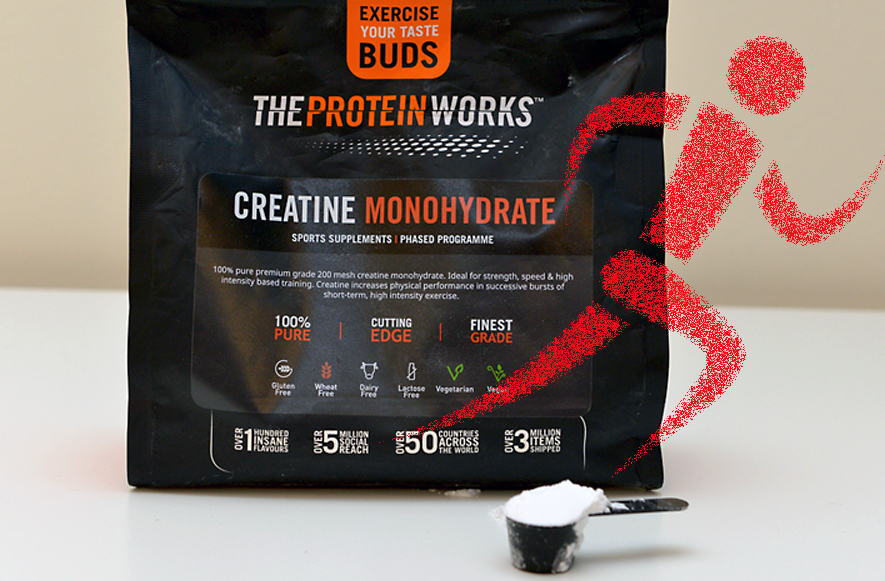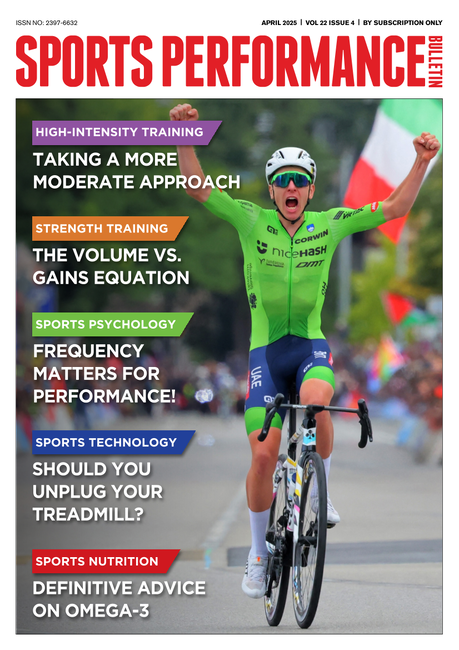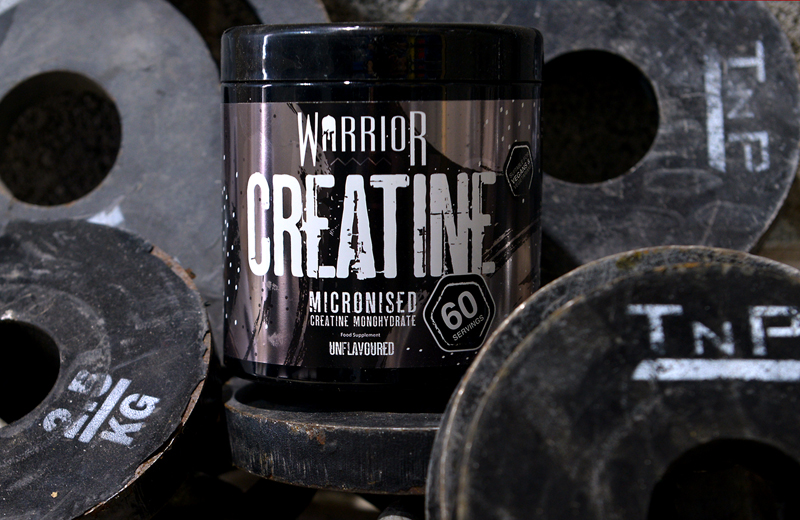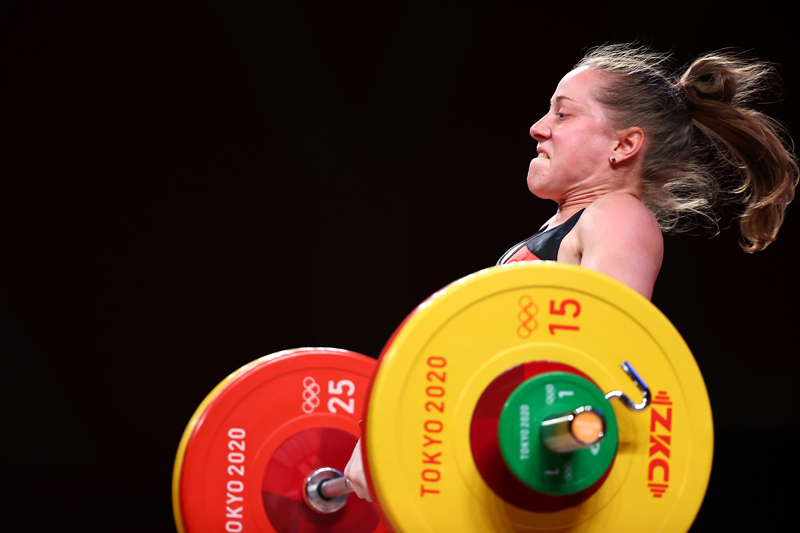Creatine for performance: latest thinking & best practice

There are very few sports supplements that have consistently been shown to improve performance, and safely, but creatine is one of those superstar supplements that has been shown over and over again to help athletes achieve their goals. Because it’s so effective, it’s also one of the most widely studied sports supplements. Athletes and researchers alike want to know exactly how to use creatine to optimize the impact of this powerful substance.
However, as more and more research is performed, and as more and more athletes and coaches have anecdotal experiences with creatine, more and more questions emerge. While sifting through the entirety of the creatine research can help to provide clarity, this approach is not really practical for the athlete or coach who is busy trying to improve performance on a daily basis.
Fortunately, a group of nutrition researchers has just done the hard work for us(1). They have scoured the literature to provide answers to 16 of the most commonly asked questions about creatine. In this two-part article series, we’re going to take it a step further and provide even more concise answers to these commonly asked creatine questions. That way you can quickly become informed about creatine usage so that you can more effectively implement it into your training or the training of your athletes.
Q#1: Can creatine provide muscle benefits without exercise?
One of the main reasons that creatine is so effective is because it increases the availability of immediate short-term energy. This can allow you to train with greater intensity over long durations. By training harder, it’s possible to facilitate greater training adaptations. However, there is some evidence that creatine is effective even without exercise training. Increases in strength and certain measures of sub-maximal exercise capacity have been demonstrated following creatine supplementation alone, but these findings are typically only seen in individuals with lowered creatine stores. This typically involves vegan and vegetarian populations who have lowered creatine stores due to reduced dietary creatine intakes, and older individuals who have lowered creatine stores due to the biological consequences of aging. These individuals may see increases in muscular performance through supplementation alone due to elevation of their artificially low creatine stores.
Q#2: Does the timing of creatine ingestion really matter?
There is much discussion about nutrient timing, specifically in regard to carbohydrate and protein and the improvement of performance and development of muscle mass. It’s been hypothesized that the timing of creatine ingestion may also potentially have a similar impact. However, there is minimal research investigating whether creatine is best taken before or after training sessions. Most of the evidence suggests that there is no impact on the timing of creatine intake, with only one study showing a marginal additional benefit of taking creatine after training. Based upon the current literature, it does not appear that the timing of creatine intake has a meaningful impact on training adaptations. You should therefore feel free to take creatine at times that suit your personal preferences.
Q#3: Does the addition of other compounds to creatine enhance its effectiveness?
The impact of creatine is dependent on the ability to increase creatine stores in the muscles. As a result, there has been an interest in consuming creatine with other nutrients that may increase the amount of creatine taken up into muscles. There is some evidence that taking creatine with carbohydrate can help to stimulate an insulin response, which brings more creatine into muscles cells. This effect may be further enhanced when protein is consumed as well. Due to the potential benefits of insulin-mediated uptake, taking creatine with a meal can be a simple and effective way to optimize its use. There is also some evidence that compounds such as alpha-lipoic acid may enhance uptake, and taking creatine with sodium bicarbonate may improve performance more than taking either compound alone.
You need to be logged in to continue reading.
Please register for limited access or take a 30-day risk-free trial of Sports Performance Bulletin to experience the full benefits of a subscription. TAKE A RISK-FREE TRIAL
TAKE A RISK-FREE TRIAL
Newsletter Sign Up
Testimonials
Dr. Alexandra Fandetti-Robin, Back & Body Chiropractic
Elspeth Cowell MSCh DpodM SRCh HCPC reg
William Hunter, Nuffield Health
Newsletter Sign Up
Coaches Testimonials
Dr. Alexandra Fandetti-Robin, Back & Body Chiropractic
Elspeth Cowell MSCh DpodM SRCh HCPC reg
William Hunter, Nuffield Health
Keep up with latest sports science research and apply it to maximize performance
Today you have the chance to join a group of athletes, and sports coaches/trainers who all have something special in common...
They use the latest research to improve performance for themselves and their clients - both athletes and sports teams - with help from global specialists in the fields of sports science, sports medicine and sports psychology.
They do this by reading Sports Performance Bulletin, an easy-to-digest but serious-minded journal dedicated to high performance sports. SPB offers a wealth of information and insight into the latest research, in an easily-accessible and understood format, along with a wealth of practical recommendations.
*includes 3 coaching manuals
Get Inspired
All the latest techniques and approaches
Sports Performance Bulletin helps dedicated endurance athletes improve their performance. Sense-checking the latest sports science research, and sourcing evidence and case studies to support findings, Sports Performance Bulletin turns proven insights into easily digestible practical advice. Supporting athletes, coaches and professionals who wish to ensure their guidance and programmes are kept right up to date and based on credible science.








